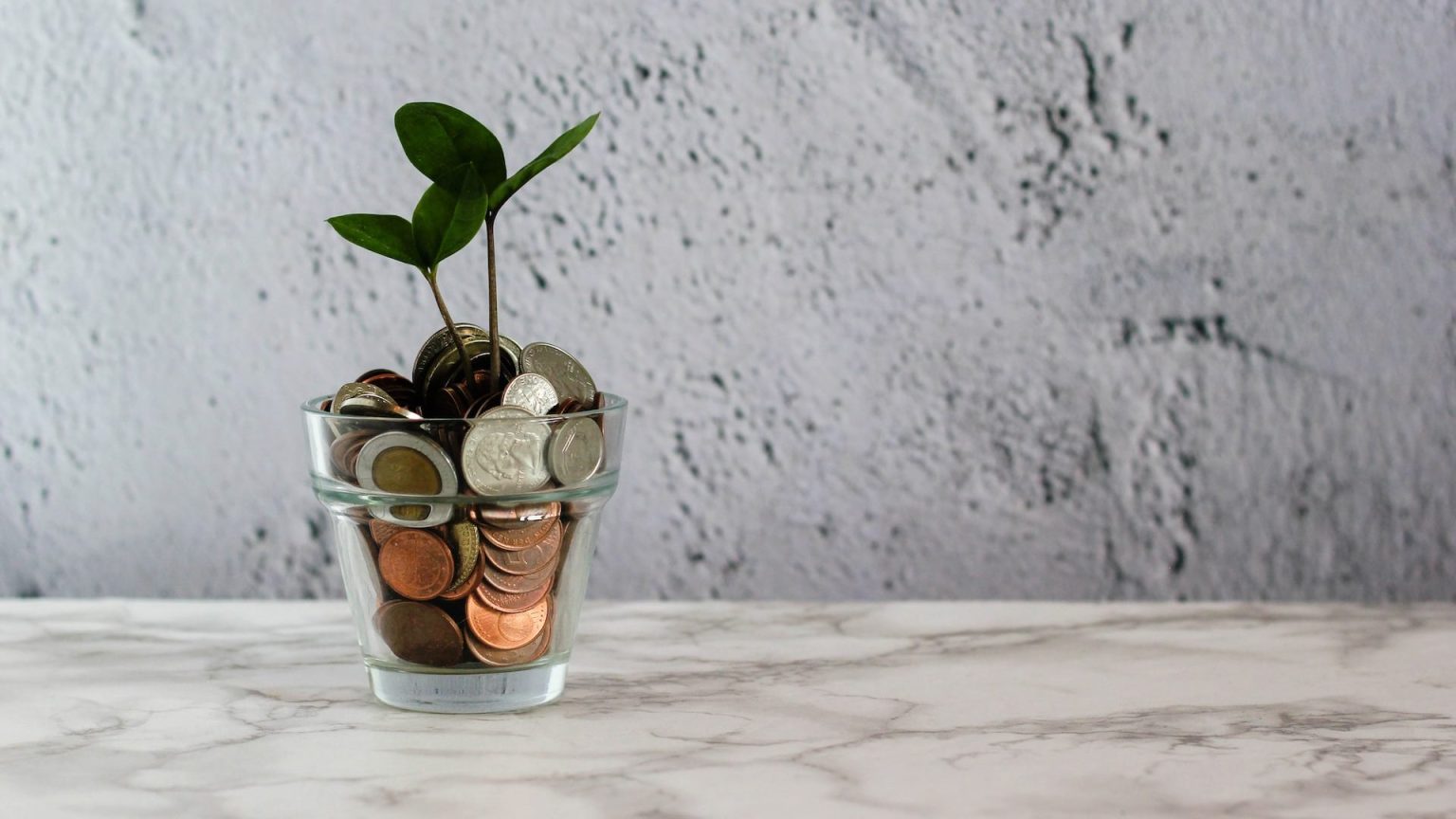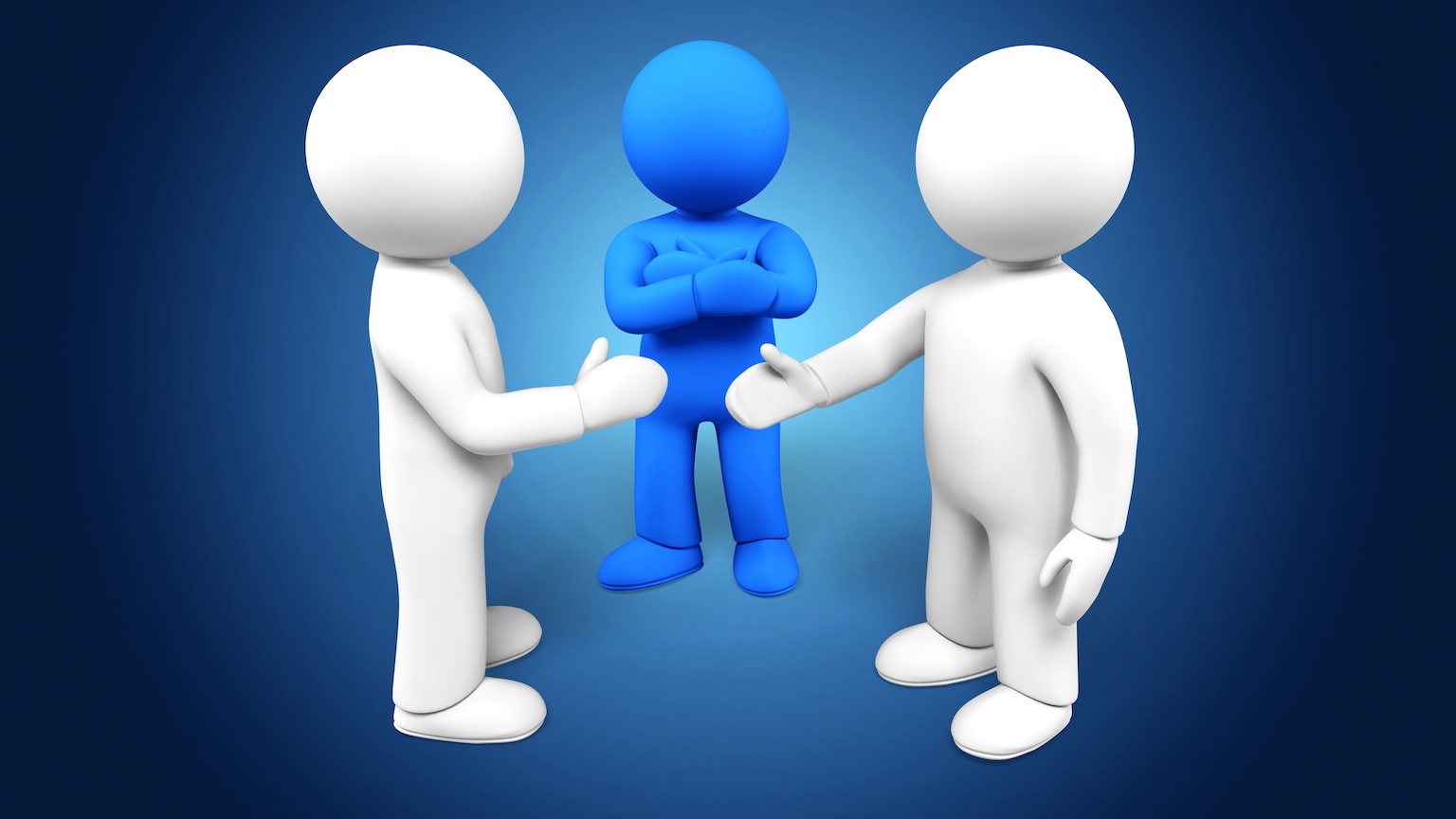How circular economics can make us happier and less stressed

- In his latest book, Douglas Rushkoff challenges what he calls The Mindset: “A fatalist drive to acquire enough money and technology to rise above and separate from the rest of humanity.”
- Rushkoff argues that circular economic systems can meet people’s needs while promoting sustainable prosperity.
- We could be happier and less stressed if we bought local and supported cooperatives, suggests Rushkoff.
Once, while addressing a conference of German bankers and policymakers, I told the story of how a steelworkers union applied the principles of “bounded economics” to their own retirement funds. Instead of investing them in the stock market, they began investing in construction projects that hired union steelworkers. They created jobs for themselves with their assets, which also generated returns. This worked so well that they took things a step further and invested in senior housing projects for retiring steelworkers and their parents — essentially getting three forms of return on the same investment.
“Is that legal?” one of the German bankers asked incredulously.
“Yes,” I replied. “This is how bounded economics works. You don’t outsource your investments to the stock market. You invest in things that come back to you or your community in multiple ways.”
An economist rose and introduced himself as Doctor-Professor-something. “Mr. Rushkoff,” he began. “Your ideas are interesting but, I’m sorry to say, pure fantasy.” Some of the others chuckled. “Can you tell me, what is your background?”
Instead of telling them about my PhD or tenured professorship in digital economics, I simply glanced at the backdrop behind me on the stage and answered, “Blue.” I may have been unnecessarily snide, but I’ve become frustrated by this reception. So has anyone espousing basic economic sense to those so steeped in The Mindset that they’ve lost the ability to think outside its unidirectional logic.
The principles for building a more circular economy that isn’t dependent on growth are straightforward. Keep resources and revenue recirculating through the community, and accessible to the working class. Leverage the power of mutual aid to lift up one member of the community at a time, each according to their need. Maintain independence from big employers and disinterested investors by owning businesses cooperatively with other workers.
These ideas are threatening to traditional investors because they don’t depend on their investment at all. Conventional business experts always have a reason why cooperatives, mutual aid, or local credit can never work. Freeloaders will exploit the workers, they argue. “That sounds great for progressive, educated communities like Portland or Madison,” one woman in a meeting at the Aspen Institute asked me, “but do you really think inner city people have the sophistication for building cooperatives?”
It turns out the “inner city” (read: Black) people she was worried about have been at this cooperative economics thing for a very long time. The more that Black people were shunned and segregated from the rest of the American society, the more they were forced to invent the kinds of circular economic and local reinvestment strategies the rest of us are discovering only now. They pooled money to buy one another out of slavery, developed mutual aid societies to pay for each other’s funerals and medical crises, and — shut out of the regular banking system — built businesses from the ground up as cooperative enterprises. Because they were forced to be self-sufficient, Black co-ops and communities of mutual aid did better than their white counterparts. This stoked resentment, and led to the rampages that targeted successful Black communities like Greenwood, Oklahoma. Some of these cooperatives are still flourishing today, largely under the radar to prevent them being “regulated” away.
These more circular systems don’t make sense to holders of The Mindset because there’s no endgame. Instead of climaxing in an IPO, things grow to where they need to be, and then just stay there, meeting people’s needs while promoting sustainable prosperity. There’s no opportunity to exit, but neither is there an obligation to grow. There’s no place to externalize harm, but that becomes a strong incentive to engage in practices that benefit the community instead of poisoning or impoverishing it. This, in turn, inspires innovation and efficiencies rarely achieved when companies are financialized by distant shareholders.
[Media theorist Marshall] McLuhan predicted that in order to orient ourselves properly in the digital age, we would need to develop pattern recognition — the ability to soften our focus from the particular details of any situation in order to perceive the greater patterns. Digital feedback loops are helping us see that our media, technology, culture, economy, and natural world all have at least as much of a cyclical character as a linear one. It’s not a matter of banishing linearity and progress altogether, but rather integrating it within the greater cycles that define our existence. Not a line or a circle, but a spiral, with history never quite repeating but almost always rhyming as it moves forward through time.
It’s not a matter of banishing linearity and progress altogether, but rather integrating it within the greater cycles that define our existence.
Douglas Ruskoff
With this greater understanding of the patterns underlying our past comes a greater sense of responsibility for the future. Those of us who recognize that we’ve been here before are the ones who have to call attention to where we are heading. Today, that means acting as a counterculture to The Mindset, introducing circularity where they see only arrows, and more thoughtful, long-term thinking when they can only strive for escape velocity.
I’m not going to offer a plan for how to save the world here, but I can point to some of what we need to do to mitigate the effects of these guys’ machinations, and develop some alternative approaches. No, we don’t have to ride them out on a rail. It would be too hard to draw the line between who of us are on which side. We’ve all participated in The Mindset, even if it was only to believe in the inevitability of our own victimhood. That’s why our first step toward liberation from The Mindset is to realize that nothing is inevitable. We are not yet over the cliff. We still have choices.
Most simply, we can stop supporting their companies and the way of life that they’re pushing. We can actually do less, consume less, and travel less — and make ourselves happier and less stressed in the process. Buy local, engage in mutual aid, and support cooperatives. Use monopoly law to break up anticompetitive behemoths, environmental regulation to limit waste, and organized labor to promote the rights of gig workers. Reverse tax policy so that those receiving passive capital gains on their wealth pay higher rates than those actively working for their income.
Such measures will slow or even reverse the growth rates of our largest companies, and challenge the financialized economy as it currently operates. That may go against our instinct to keep the GDP climbing, and our well-ingrained concern for the health of the economy. But since when are we humans here to serve the economy? That belief is an artifact of The Mindset, facilitated by finance, and enforced with technology.





